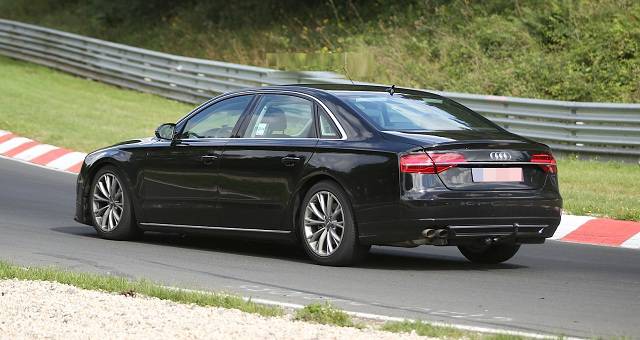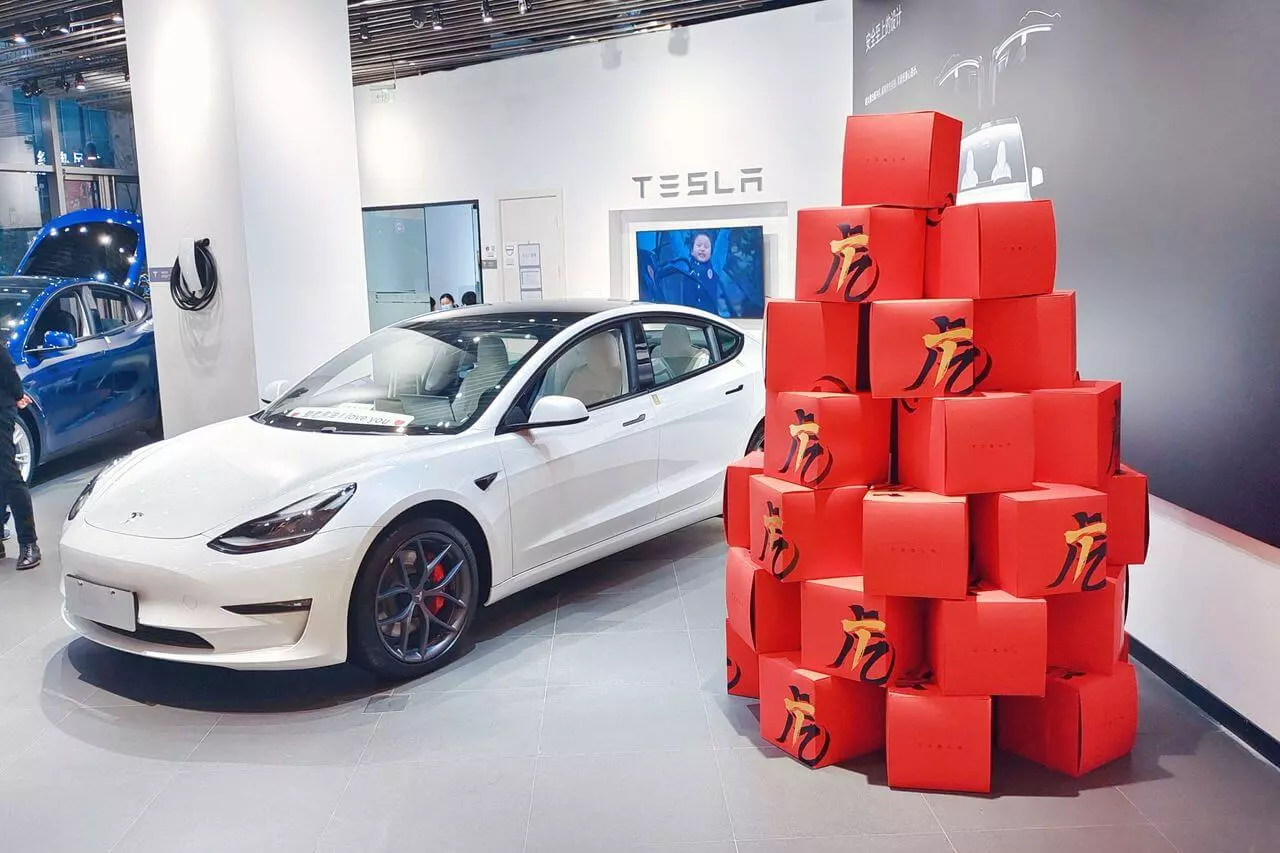The Best Time to Buy a Car: Timing Your Purchase for Savings

Content
Introduction:
Buying a car is a significant investment, and timing your purchase right can save you a substantial amount of money. While the decision to buy a car involves various factors like budget, model preference, and financing options, understanding the best time to make your purchase can give you an edge in negotiating a better deal and maximizing your savings. In this article, we’ll delve into the factors that influence when the best time to buy a car is and provide tips to help you make a well-timed purchase.
Factors Influencing the Best Time to Buy a Car:
- End of the Month or Quarter: Car dealerships often have sales targets to meet monthly or quarterly. As these deadlines approach, dealerships may be more willing to negotiate and offer discounts to meet their quotas. Visiting a dealership towards the end of the month or quarter can increase your chances of snagging a better deal.
- End of the Model Year: Automakers typically release new models towards the end of the year, which means dealerships need to clear out older inventory to make room for the new arrivals. Buying a car from the previous model year can lead to significant discounts and incentives as dealerships aim to move their remaining stock.
- Holiday Sales Events: Holidays such as Memorial Day, Labor Day, Black Friday, and Presidents’ Day often coincide with special sales events at car dealerships. During these times, dealers may offer promotional deals, discounts, or financing incentives to attract buyers. Keep an eye out for holiday sales events to capitalize on potential savings.
- Seasonal Trends: Certain seasons can affect car sales and pricing. For example, demand for convertibles typically rises during the spring and summer months, while SUVs and trucks may be in higher demand in the fall and winter. Consider purchasing a car during its off-peak season when dealerships may be more motivated to offer discounts.
- New Car Launches: When automakers release highly anticipated new models, dealerships may be more focused on promoting these vehicles, leading to discounts or incentives on existing models to clear inventory. Stay informed about upcoming new car launches to take advantage of potential deals on current models.
Tips for Maximizing Savings:
- Research and Compare Prices: Before making a purchase, research the market value of the car you’re interested in and compare prices from different dealerships. Having this information empowers you to negotiate effectively and ensures you’re getting a fair deal.
- Be Flexible: Flexibility in your preferences, such as color or optional features, can give you more bargaining power. Dealerships may be more inclined to offer discounts on cars that have been on their lot longer or are less popular in terms of color or trim options.
- Timing Your Trade-In: If you’re trading in a vehicle, timing your trade-in alongside your car purchase can impact your overall savings. Consider getting multiple quotes for your trade-in and negotiate its value separately from the purchase price of the new car.
- Consider Financing Options: Explore financing options from multiple sources, including banks, credit unions, and dealership financing. Compare interest rates and terms to secure the most favorable financing arrangement, which can further enhance your savings.
Conclusion:
Timing your car purchase strategically can result in substantial savings and a better overall deal. By considering factors such as the end of the month or quarter, end of the model year, holiday sales events, seasonal trends, and new car launches, you can increase your chances of getting the best possible price on your next vehicle. Combine this with thorough research, flexibility, and savvy negotiation tactics to drive away with a great deal on your new car.

Donna is your friend in the know. Her blog is a treasure trove of insightful tidbits on a wide range of topics. From wellness to technology, she’s your source for staying informed and inspired.














